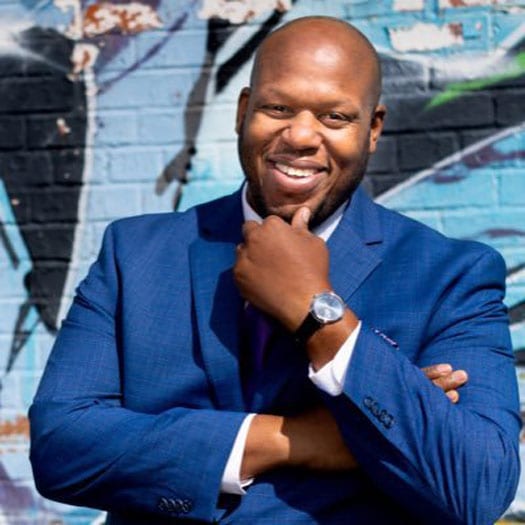
December 31, 2018; Next City
Next City, a publication that specializes in urban issues and which is celebrating its 15th anniversary, recently interviewed a number of nonprofit and philanthropic leaders to identify areas where they saw equity being advanced in the field of urban development.
Sign up for our free newsletters
Subscribe to NPQ's newsletters to have our top stories delivered directly to your inbox.
By signing up, you agree to our privacy policy and terms of use, and to receive messages from NPQ and our partners.
Among the responses, some of the promising practices lifted up were the following:
- Relocating a nonprofit to be directly present in the community: Ellis Carr, president and CEO of Capital Impact Partners—a nonprofit community development financial institution (CDFI)—and a person who NPQ interviewed in 2017, cited the work of a Washington, DC-based nonprofit, Martha’s Table, which made the decision to relocate and center operations last year to Ward 8, a low-income, largely Black section of the nation’s capital city, in order to advance the nonprofit’s childhood development work.
- Participatory planning: Don Chen, who became president of the Surdna Foundation last year, cites the “rise and power of low-wealth and marginalized people making urban development decisions,” placing particular focus on the role of participatory planning processes. In this work, Chen acknowledges the role played by Jockin Arputham, a citizen of India who died last October after over 40 years of participation in the world’s slumdweller movement, a movement he helped found, for helping establish the norm that cities would benefit if low-income residents were at the planning table. Chen sees this participatory planning vision in the work of a number of groups, including the NDN Collective, which NPQ featured in a webinar last month.
- Training new leaders to participate in day-to-day governance at the local level: Like Chen, Shawn Escoffery, who last year became executive director of the Roy and Patricia Disney Family Foundation, emphasizes the importance of participatory processes, noting, “Programs such as Urban Habitat’s Boards and Commissions Leadership Institute work to diversify planning commissions, community boards, city councils and other offices by training community members and inspiring unlikely leaders.” Escoffery adds that “a diversity of voices and experiences will lead to more informed urban planning decisions.”
- Boosting business ownership in communities of color: Connie Evans, who has, since 2009, been president and CEO of the national microenterprise support network, the Association for Enterprise Opportunity, highlights an effort in Memphis called The 800 Initiative, which aims to boost revenues for 800 urban businesses owned by people of color by $50 million in five years.
- A revival of fair housing activism: Adam Gordon, Associate Director and Staff Attorney of the Fair Share Housing Center highlights the rise of the Right to the City organizing movement. Gordon contends that we are starting to see “landmark efforts to advance fair housing happening in several states.”
- Women of color exercising business leadership: Rodney Foxworth, who NPQ interviewed last year and who became executive director of the Business Alliance for Local Living Economies (BALLE) in 2017, noted that “if economic trends persist, median African-American household wealth will fall to zero by 2053,” with similar trends affecting Latinx households. Nonetheless, Foxworth sees promises in a number of women of color-led efforts at business development. These women, notes Foxworth, “are leading a movement toward an economy grounded in equity and democratization of capital.”
- Leveraging community ownership of land: Tamar Shapiro, formerly president and CEO of the Center for Community Progress, observes there are a number of ways in which community ownership of land is being leveraged to foster more equitable development. These include “expansion of land banking as a tool to return vacant properties to productive use; the increased interest in urban greening for its social and environmental benefits; and the work to ensure that revitalization is community-driven, for example through cooperative models, land trusts, and community organizing.”
Of course, none of the interviewees denied the very real challenges inherent in this equity and community-building work. For example, in Memphis, the effort to expand Black-owned business is rooted in an acknowledgement that in Memphis, a city whose population is 63 percent Black, Black-owned firms employ one-ninth as many people as white-owned firms. Still, as the Next City interviews make clear, nonprofit and community-based activism is having an impact nationwide.—Steve Dubb











